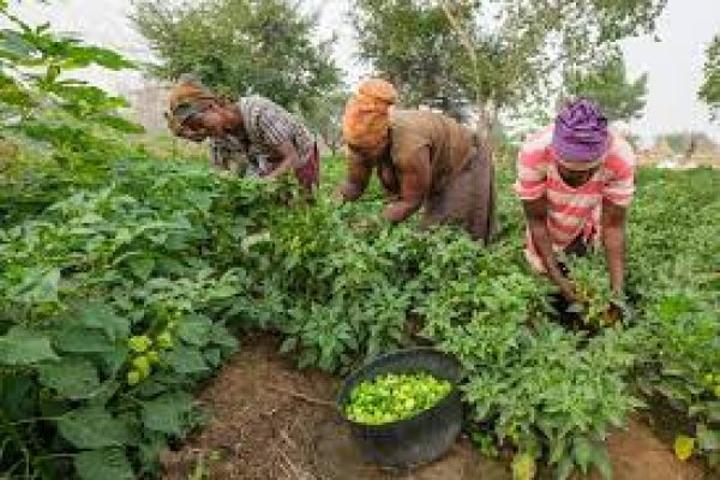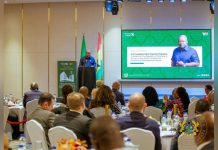Africa-Press – Ghana. Some farmers in the Savelugu Municipality have undergone training on climate-smart agriculture with a call on them to use improved crop varieties to get good yields even with a limited amount of rainfall.
Dr Abubakari Mutari, Research Scientist at Council for Scientific and Industrial Research – Savanna Agricultural Research Institute (CSIR-SARI), made the call while facilitating the training at Savelugu in the Northern Region.
He encouraged farmers “to use good, or certified or improved seeds from reliable sources such as those developed by CSIR-SARI, which are adaptable to this particular agro-ecological zone.”
He said: “If we do not have full season rains, it means we need to go in for drought-tolerant seeds, which will not be the full season but can do well with the little amount of moisture. So, with the limited amount of rainfall, you will harvest something if you plant those varieties from CSIR-SARI and it will be profitable to you.”
The training formed part of the Climate Information Made Available to Entrepreneurial Farmers project being implemented by the Regional Advisory Information and Network Systems (RAINS) in partnership with the Canadian Feed the Children with funding from the African Development Bank.
The project seeks to enhance access to and integrate climate information into the practices of smallholder women and men farmers in the municipality. Participants including community (volunteer) extension agents, who are lead farmers drawn from Dipale, Kpalung, Kodulizegu, Kuldanali and Libga in the municipality, were expected to share the knowledge with other farmers in their communities.
They were introduced to the concept of climate change, and how they could adapt to it through climate-smart agricultural practices such as tillage management, agronomic practices and how to handle the crops after harvest.
They also learnt crop rotation, zero or minimum tillage and nutrient management as well as the best way to apply fertilizer so that it was not lost to the soil. Dr Mutari noted that farmers abused agro-chemicals and said, “We cannot do away with them completely, but we encourage their safe use.”
Grace Biniyam Kursah, Programme Manager, Canadian Feed the Children, emphasised the need for adaptation, urging farmers to practise the lessons from the training to help sustain best practices for improved production to feed their families and sell the rest of their products to meet other household needs.
Abdul Razak Alhassan, Project Coordinator at RAINS said by adopting the climate-smart agricultural practices, farmers would harvest more to support their upkeep, which would also help to attain the Sustainable Development Goals.
Alhassan Abubakar, a soybean, maize and groundnut farmer from Kpalung said he had learnt a new method of farming, how and when to plant, and indicated he would put it into practice for maximum results.
For More News And Analysis About Ghana Follow Africa-Press







